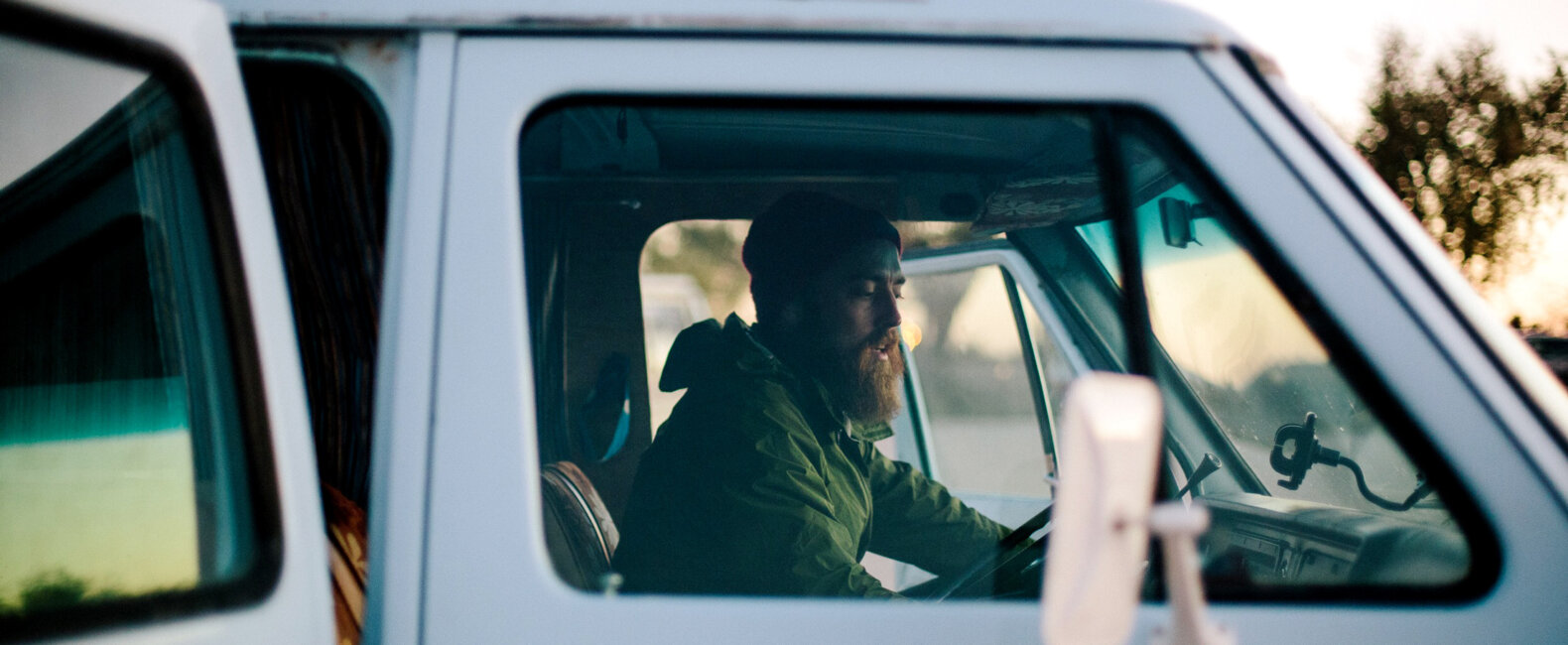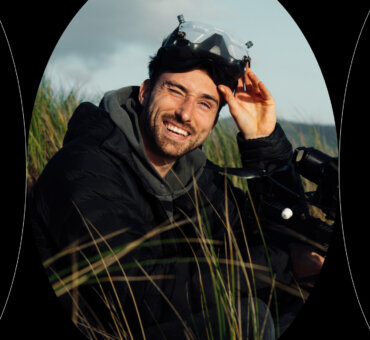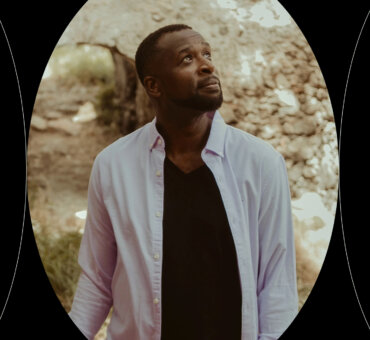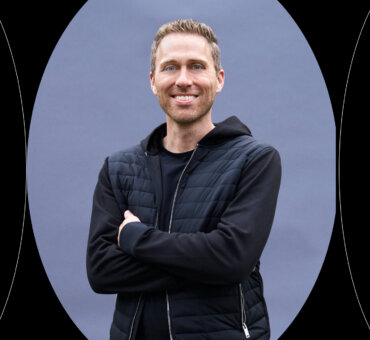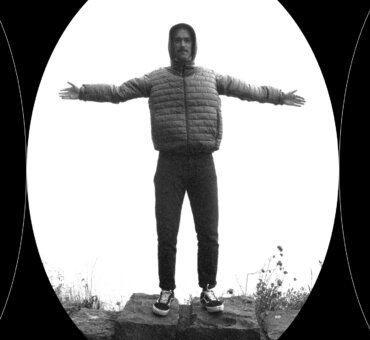If our conversation with Dan Sadgrove seems to rove a bit, bear with us. It’s what he does. “I don’t have a mortgage or assets. I have a suitcase of clothes and that’s about it,” he told us. The director films projects during his travels across the globe, so when our conversation went to Vietnam, South Africa, or West Texas, we let it go there. And while it may seem like he lives a romantic life on the road, Dan didn’t hesitate in admitting that it’s a hard life as well. In fact, he was reluctant to encourage anyone to take it on.
“I don’t know about advice,” he told us. “I’m sure there are easier ways to do this.”
Dan’s perspective on filmmaking is different than most we’ve come across. When asked about being “successful,” the director (whose films have been awarded four Staff Picks) didn’t even see himself as such. The word wasn’t even in his vernacular. Whether it’s a poetic short or documentary, he makes films because they’re interesting to him. Inspiring. And, after our broad-ranging conversation, we found that what Dan lacks in traditional advice, he more than makes up for in life experience — which, in our book, is even more valuable.
We talked with the native New Zealander about his world travels and his DIY filmmaking process. He was in Casablanca at the time.
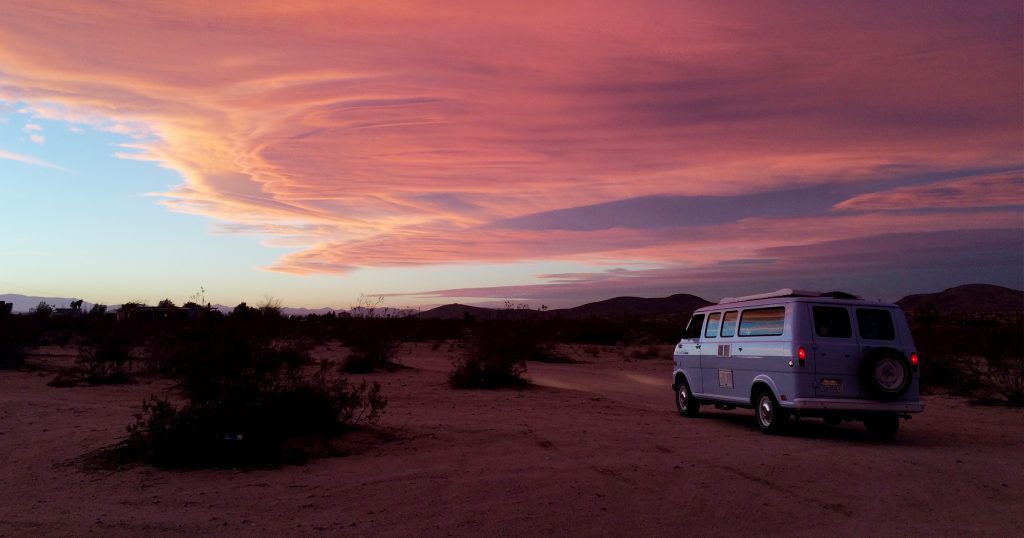
Musicbed: What’s a travel experience that sticks out in your mind?
Dan Sadgrove: Let’s see. I think it was 2015, I went on a road trip from California to Louisiana and back over the course of three months filming Last Exit to Elsewhere. The drive from Marfa to Austin is just eight hours of nothingness. It’s pretty brutal. That film perfectly captured the road trip, which was really quite boring. You go into a diner and the food is terrible. The coffee in gas stations is horrific. There are a lot of dull moments, but every now and then these nice things happen.
I was heading back to Marfa on Thanksgiving, and all of the shops were closed. I was quite hungry and I was driving and saw like a million birds on the side of the road. I started filming them and it turned out to be this special moment. The whole road trip was filled with random experiences, and here I am starving but mesmerized by all of these birds. That was an experience I tried to capture on film that stuck with me. I realized films don’t always have to have these amazing things: waterfalls and jumping off of cliffs. They can just have a sunset or a dirt road. That’s what I really like about filmmaking.
Did you go to film school?
I studied film and anthropology at the [University of Auckland]. From there, I worked in the industry during my studies. I had four jobs my senior year. I was a camera man for a rugby show. I was recording golf shots from 2 to 6 a.m. in the morning for a sports channel. I was also volunteering at a music TV station and bartending. Over the last four years, though, I’ve been focused on making my own films and trying to find my voice.
It seems like you’ve found it, right? Your films have such a consistent tone.
Well, thank you for saying that. I think that’s due to the way I work. I’m working alone quite a lot and that’s maybe a result of taking my time on films — there’s no rush.
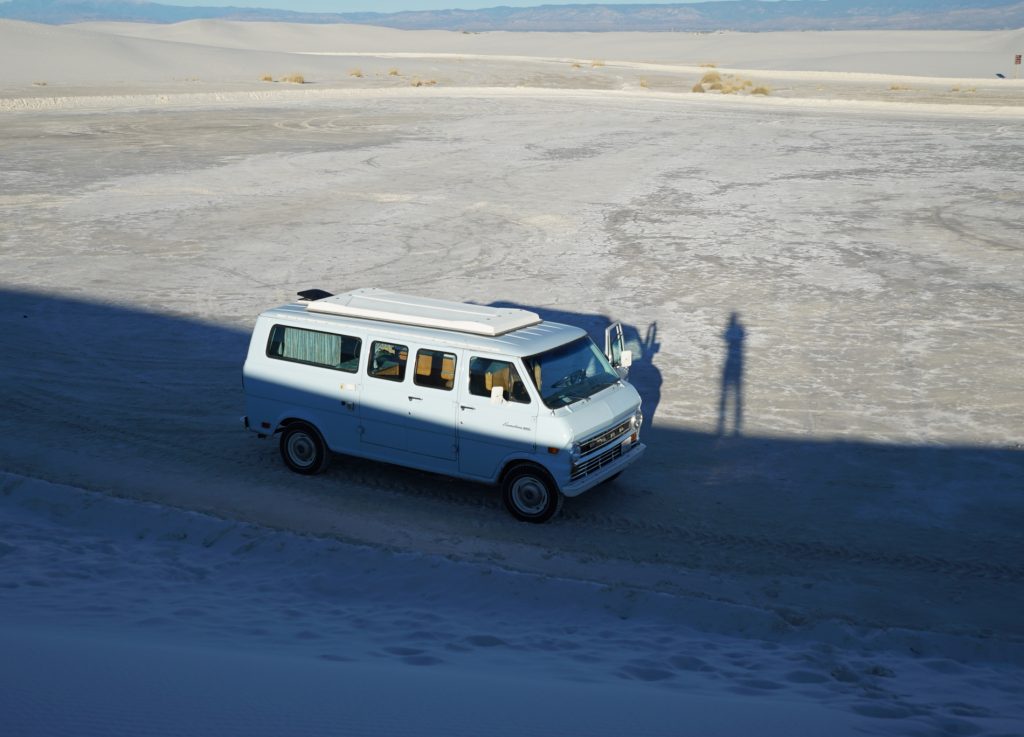
Is that how you prefer to work?
No, I don’t I’d much rather collaborate, but a lot of times it’s just a necessity. I have these ideas and just go for them. For example, last year I shot a documentary in Vietnam about street kids and sex-trafficking victims. I reached out to some people in the industry and found a really good DP from London who had requests for an AC, certain Alexa lenses, and sizable crew. It was going to cost me a lot of money, but we worked it out for four days and a crew of 12. I was about to take out a loan for the production, but beforehand I went with one of the social workers to the guava fields — that’s where a lot of these kids end up if they come from homelessness or trafficking. I hung out with them for like two hours and I was in shock. They were abused. They were on drugs. It was really awful to see. I thought, “There’s no way I can bring a crew of 12 in here. I have to film this on my own.”
So, instead of bringing this amazing DP and big crew, I had to build up trust with these kids and didn’t bring out a camera for the first two months. They had to know I wasn’t just there to take advantage of their situation and film them and leave. This charity, Blue Dragon, was doing amazing work and I told them I’d like to make a film. It was incredibly difficult, but it opened my eyes to what these kids were going through.
Do filmmakers have a responsibility to tell honest stories?
No, I think filmmakers can choose the story they want to tell. It can be fictional or it can be truthful. They can choose to entertain or to tell the truth. I think documentaries are hard because you want to tell the truth, and you want to tell an interesting story. It’s a struggle to keep that sort of objectivity when you want to shape a story and sometimes you try to find the truth, but you don’t really know if you’re getting it.
So how do you find the truth?
I think you have to listen. For my film The Rhino Guardians I was speaking to these South African women who were rangers and I could tell they were trained to give me their responses. When I really started to listen to them and talk to them, though, I eventually got to the real story. It ended up being about how they’re breaking down this patriarchal tradition of either being unemployed as a woman or only working in the domestic arena.
These women were in the game reserves, patrolling the bush and protecting the rhinos. They were mostly scared and some of them didn’t even like the job. That was really interesting to me. I had this idea that conservationists were all about the animals, but some of them told me, “It’s a job. It pays me money. It’s dangerous and I’m scared, but I can afford to feed my family.”
Do you think having these unique experiences is a key to making good films?
I think it’s really important. I always go back to this quote by Warner Herzog. He says, “filmmaking — like great literature — must have experience of life at its foundation.” Go walk on foot, learn crafts and trades. Get away from cinema completely. All of my films are based on my experiences in life, so I think studying filmmaking didn’t do as much as being out in the world. The way I work — I’m not really sure about other filmmakers — but I get most of my ideas from just exploring. I’ve had a million different jobs. I’ve worked in factories, on road construction, behind bars, sold fruit roadside, counted screws in factories. I guess it just opens a perspective into other worlds, which you really don’t get from studying someone else’s films.
I’m influenced quite a bit by authors and books as well. I don’t watch many of my contemporaries’ films. The way I am, the way I work, I can’t really afford to watch their films. I had the head of a production company say that I should shoot a spec car ad, and I said, “I actually can’t afford to do that.” I can’t rent a Russian arm and things like that. So I try to avoid films and get all my ideas from authors. I have to temper my ideas to what I can do personally. I mean, I’ve had to make sliders and shoulder rigs out of PVC pipes.
All of your films are self-funded?
Yeah. My Mexico film, A Dream Dressed in Black, I actually went into debt and had to call up a friend to get a loan. I was producing as well, so I spent months working on it. I made the headdresses over three months. I just believed in it and I knew that it would get a good response. I just decided to bite the bullet and go broke. The Vietnam film was self-funded. The charity just gave me access so I didn’t get any money for making it. I didn’t want any money; I just wanted creative control over the final thing. They were happy to do it and they were so generous with their time. My films take quite a long time to be made because I just have to be patient and ask for favors. See who’s available. I get a lot of rejections. I get a lot of “no’s.” That’s just how it works. I don’t mind. Also, it helps that I don’t have a mortgage or assets. I have a suitcase of clothes and that’s about it.
No permanent address?
No. I’ve been on the road for about four and a half years now. It’s been a long time.

What would you tell someone who wants to approach filmmaking like that?
It’s a hard road, you know? I don’t think I’m doing it the easy way. There’s probably a lot of easier ways to make a film. Certainly being based in L.A. or London is probably a lot better for making contacts. But I think it goes back to that Herzog quote about life experience and using that to tell stories. That’s what I aim for, is to find a new perspective. I’m just doing my own thing. Sure, I’d love support, but it’s not always there. I’d love to have a production company backing me and a producer who can control the costs, but it’s not really my reality. It’s a hard road. I don’t know about advice. I’m sure there are easier ways to do this.
Do you think there’s a correlation between your success and doing it the hard way?
Yeah, I mean just finding creative solutions to restrictive, prohibitive circumstances I think. But as far as being successful, I don’t think I am. I don’t get any money for any of these films.
Do you think there’s a different kind of success, though?
Well yeah, sure. I think that just comes from believing in yourself and believing in your ideas. That’s what the Mexico film was, me just believing in it. It took almost two years to make, which is way too long, but I kept trying and kept getting rejection. People saying, “no, no, no.” But I just kept going forward. It’s all about belief.
After speaking with Dan, we looked up the rest of the Werner Herzog quote he mentioned a few times. In retrospect, it seems appropriate:
“The best advice I can offer those heading into the world of film is not to wait for the system to finance your projects and for others to decide your fate. If you can’t afford to make a million-dollar film, raise $10,000 and produce it yourself. That’s all you need to make a feature film these days. Beware of useless, bottom-rung secretarial jobs in film-production companies. Instead, so long as you are able-bodied, head out to where the real world is.”















































































